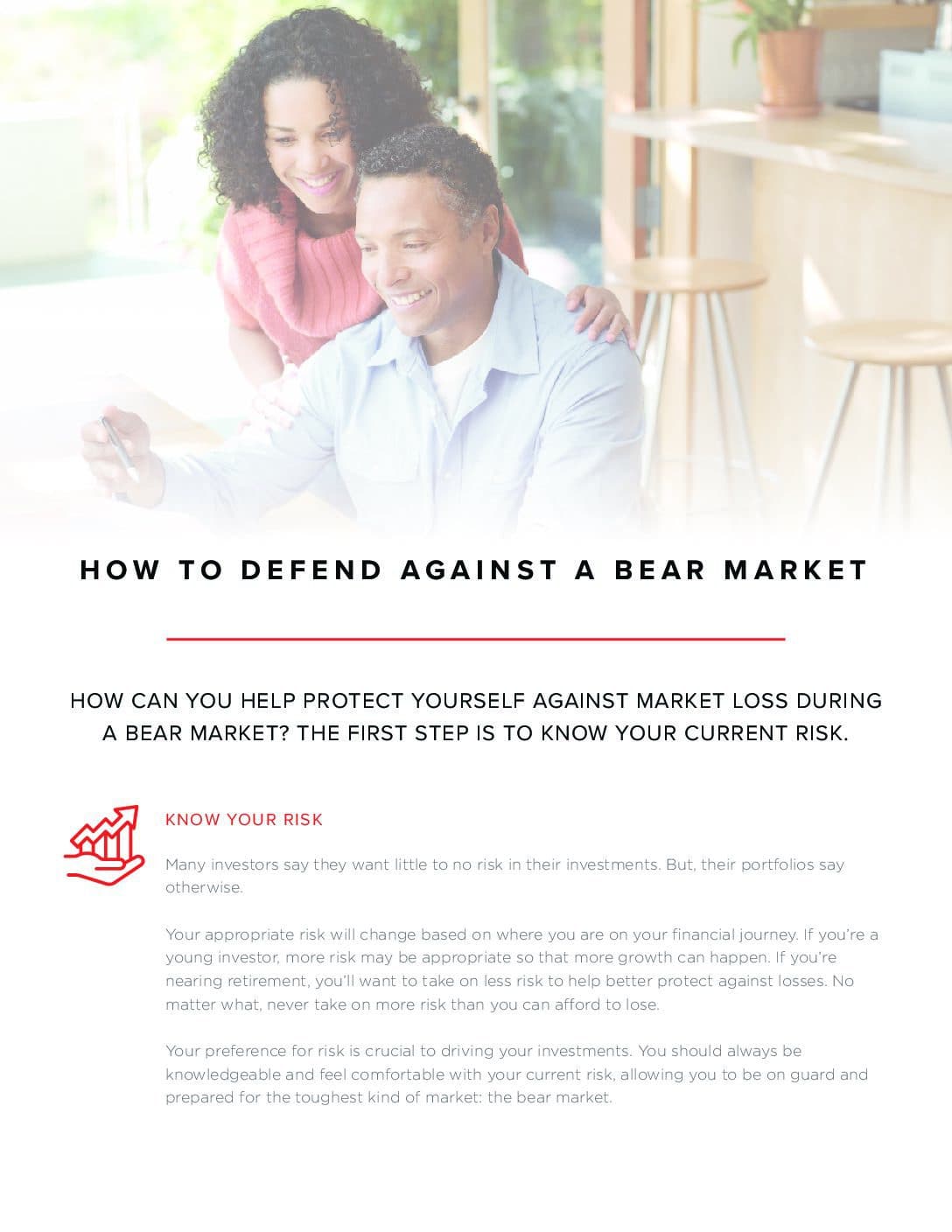As you approach retirement, you may be wondering, “Will my portfolio withstand market fluctuations?” and “How can I protect my assets for the long term?” These concerns can cast doubt on your financial stability, making it harder to enjoy your hard-earned retirement years.
Instead of feeling uncertain about market risks and the impact on your investments, we guide you through strategies that help you better understand and manage those risks. Want to protect your wealth from market volatility? Maximize your retirement income? Ensure your assets are working as efficiently as possible? At McPherson Financial Group, we believe it’s crucial to eliminate the guesswork in portfolio management, so you can move forward with confidence and make informed decisions about your financial future.
The purpose of a portfolio stress test is to see the market and interest rate risk associated with the current portfolio mix and what kind of losses could be expected if the market corrects similar to the 2008/2009 market correction. We will evaluate your existing portfolio and compare it to our rebalanced portfolio that addresses risk reduction techniques from our Unique Money Method.
Morningstar is an independent rating company that evaluates fund performance, costs, and volatility. They also evaluate the correlation of funds in a portfolio mix and the risk associated with funds in similar investment styles. We will evaluate all-weather funds that are highly correlated, moderately correlated, or non-correlated in the existing asset structure. The goal would be to minimize the correlation of funds that would move in tandem if a major market correction would take place.
We will perform a cost analysis to determine what fees are currently being paid in existing platforms and, if changes to the platforms are made, what fees can be reduced to maximize growth. This will be an important area for your portfolio due to the size of the funds invested. It would be our goal to minimize those fees as much as possible in your new portfolio modeling.
How can market risks be reduced by using non-traditional asset modeling techniques? The goal with Efficient Frontier Analysis is to evaluate risk-reduction techniques and how that affects portfolio volatility and investment income analyzed over a 30-year retirement. Often times, we can increase retirement income and overall investment portfolio yield, due to reduced market volatility and decreasing risk in the portfolio, without giving up long-term portfolio yield.
Many of our clients have access to programs like FRS retirement systems. We can help advise you on how to maximize those programs and your available options like DROP, to increase retirement income and minimize taxable income. We can also help to facilitate rollovers and asset management through our advisory services.
We use a team approach that includes estate planners, tax specialists, CPAs, and attorneys to address high-level wealth planning needs. We have various programs to help with Social Security planning, transfer of wealth planning, pension maximization planning, long-term care planning, and more.


Answer a few short questions so we can route your request to the right department.